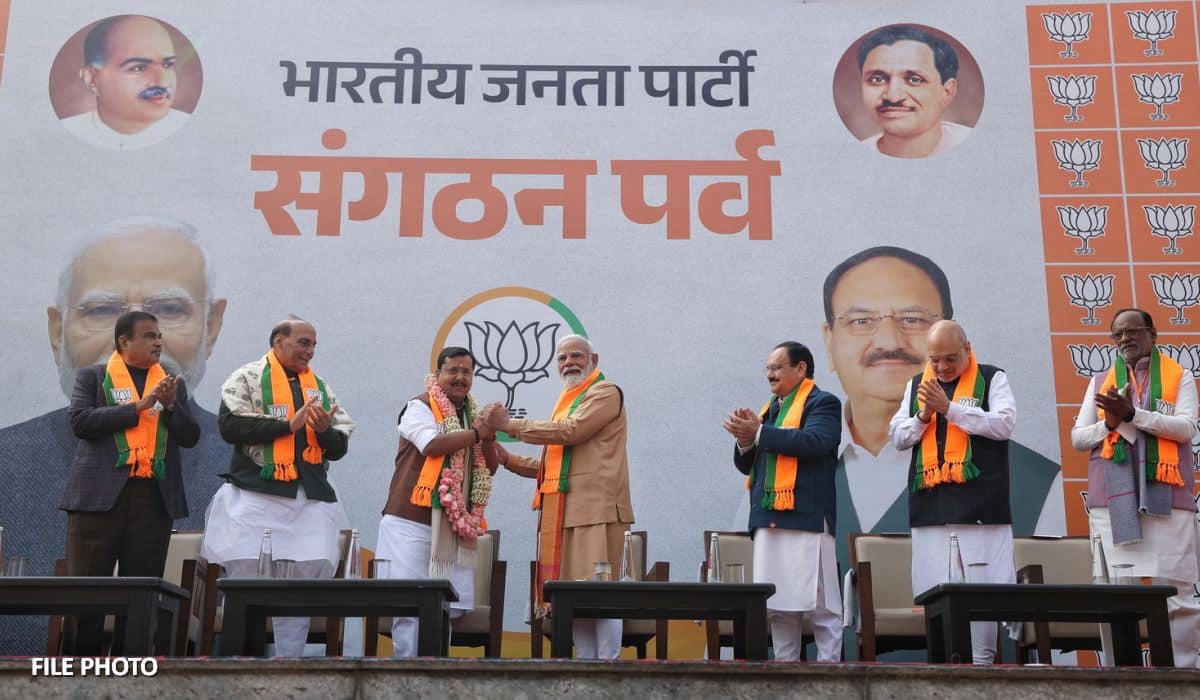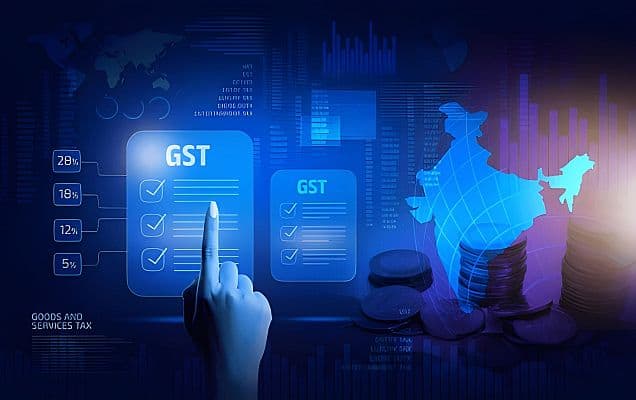The initial euphoria and optimism surrounding the formation of Gujarat on May 1st 1960 had subsided by the end of the decade. The dreams of quick reform and progress had given way to disillusionment amongst the common man in Gujarat. The struggles and sacrifices of political stalwarts such as Indulal Yagnik, Jivraj Mehta and Balwant Rai Mehta had been undone by the greed for money and power in politics. By the end of 1960s and early 1970s, corruption and misgovernance of the Congress government in Gujarat had reached new heights. In 1971, India had defeated Pakistan in war and the Congress government got reelected on the promise of uplifting the poor. This promise turned out to be an empty one as ‘Garibi Hatao’ gradually changed into ‘Garib Hatao’. The life of the poor worsened, and in Gujarat this misery got coupled with a severe famine and steep price rise. Endless queues for basic commodities had become a common sight in the state. There was no respite for the common man. 
Instead of taking remedial action, the Congress leadership in Gujarat was immersed in deep factional quarrels and displayed a complete apathy towards the situation. As a result, Ghanshyam Oza’s government soon toppled and was replaced by Chimanbhai Patel at the helm of affairs. However, this government too proved to be equally inefficient and there was a rising discontent against the state amongst the people of Gujarat. The discontent turned into public anger when in December 1973, a few students of the Morbi Engineering College protested against the exorbitant rise in their food bills. These protests soon gained widespread support and ignited a state wide mass movement against the government. The state and central governments failed to quell this discontent despite all their efforts. Matters became worse when then Education Minister of Gujarat accused the Jan Sangh for the movement even though it was a broad based movement against corruption and rising prices. By 1973, Narendra Modi had displayed a keen interest in social activism and had already participated in several movements against price rise, inflation and other issues affecting the common man. As a young Pracharak and associate of Akhil Bharatiya Vidyarthi Parishad (ABVP), Narendra joined the Navnirman movement and dutifully performed the tasks assigned to him. The Navnirman movement was a mass movement in every sense as ordinary citizens from all sections of the society stood up in one voice. The movement was further strengthened when it gained the support of Jayaprakash Narayan, a well-respected public figure and a known crusader against corruption. With Jayaprakash Narayan in Ahmedabad, Narendra had the unique opportunity to closely interact with the charismatic leader. The several talks held with the veteran left a strong impression on a young Narendra. The Navnirman Movement was a major success and Chimanbhai Patel had to resign after a mere six months in office. Fresh elections were called and the Congress government was duly dislodged. Ironically, the results of the Gujarat elections came on 12th June 1975, the very day when the Allahabad High Court had found Prime Minister Indira Gandhi guilty of electoral corruption and put a question mark on her future as Prime Minister. A week later a new government under the leadership of Babubhai Jashbhai Patel was instated in Gujarat. The Navnirman Movement was Narendra’s first encounter with mass protest and led to a significant broadening of his worldview on social issues. It also propelled Narendra to the first post of his political career, General Secretary of the Lok Sangharsh Samiti in Gujarat in 1975. During the movement, he particularly got the opportunity to understand student issues from close quarters, which proved to be a major asset once he became Chief Minister. Since 2001, he has focused significantly on educational reforms and made world-class education accessible to the youth of Gujarat. The optimism post the Navnirman Movement in Gujarat was short-lived. On the midnight of June 25th 1975, Prime Minister Indira Gandhi clamped a state of Emergency in India suspending civil liberties and curbing freedom of expression. One of the most important phases of Narendra Modi’s life had begun.
Disclaimer:
It is part of an endeavour to collect stories which narrate or recount people’s anecdotes/opinion/analysis on Prime Minister Shri Narendra Modi & his impact on lives of people.













